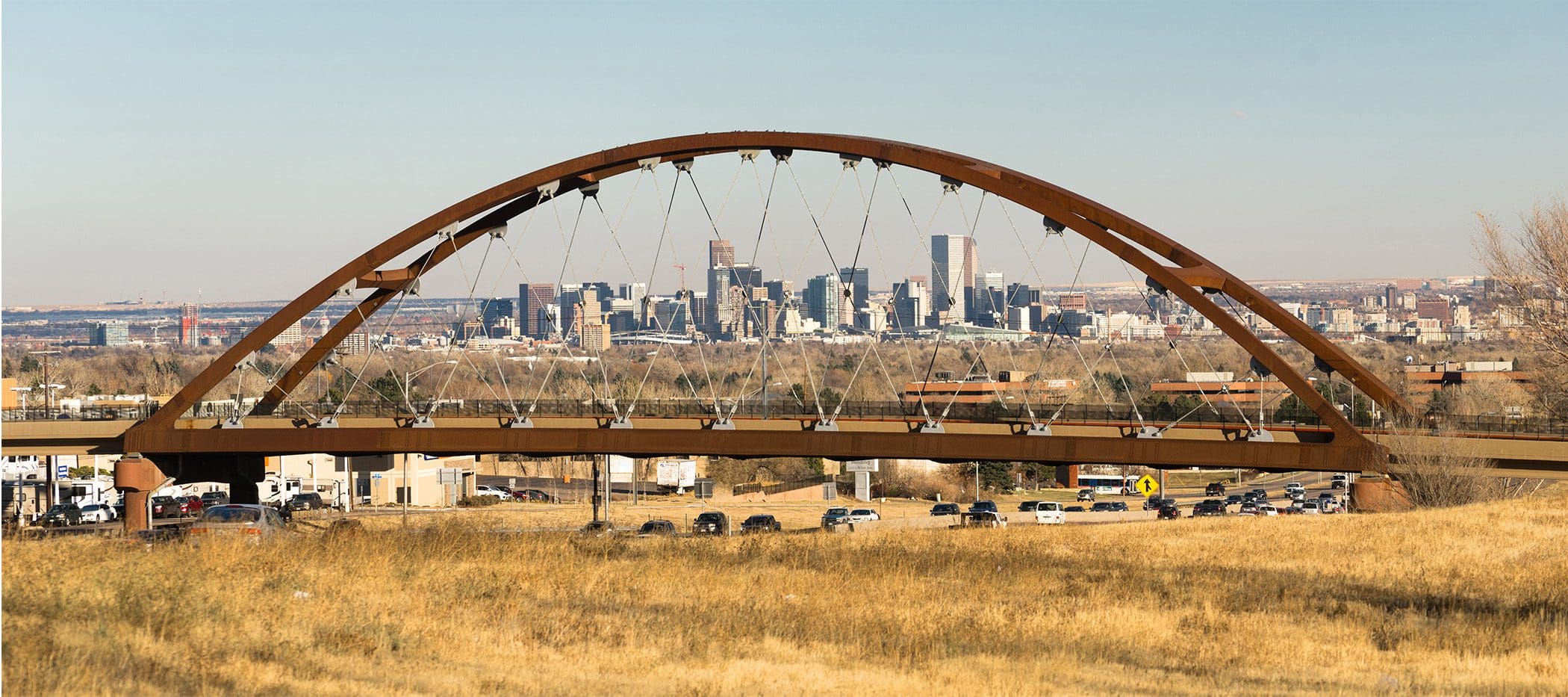By: JOE RUBINO
Denver is going to try a new tactic in its efforts to stem the tide of the metro area’s seemingly ever-growing homelessness crisis: providing $12,000 in direct payments to a small group of unhoused people over the course of a year to assess how it impacts their lives.
The city council on Monday approved the city’s participation in the Denver Basic Income Project. The contract passed unanimously as part of the council’s consent agenda without additional discussion, signaling broad support.
Using $2 million in federal COVID-19 relief money, the city will partner with program-runner Impact Charitable to provide 140 homeless individuals and households with payments over a 12-month period. Participants will be split into study groups. One group will receive $6,500 upfront and $500 a month for 11 months after that. Another group will receive $1,000 per month for a year, according to a presentation delivered by the city’s housing department last month.
The aim is to lift people out of homelessness via direct intervention, city officials say.
“Through this project, we believe we can provide a small amount of basic income that can help people leave that experience of homelessness quickly and cost-effectively,” Jennifer Biess, director of data, policy and strategy for the city’s Department of Housing Stability, said in a council committee meeting last month.
Denver is not the only participant in the pilot program. Impact Charitable will be working with 820 individuals and families through the basic income project. Additional funding is coming from private donors, foundations and corporations, according to Biess.
In addition to the two main payment formats, there will also be a control group included in the pilot program. Those people will receive just $50 a month for 12 months. Denver’s portion of the program will provide the funding for 90 people and families in that control segment.
Working with the University of Denver’s Center on Housing and Homeless Research, the program will assess the different groups for how the payments impact their housing stability, employment situation, psychological health and more.
“I think it’s really, really important,” District 5 Councilwoman Amanda Sawyer said last month of the assessment piece of the program. The research work will stretch into the middle of 2024.
“I think there is a lot of valuable information we will be able to get from this,” Sawyer said.
The program has strict eligibility requirements. Applicants must be working with a service provider like the Colorado Coalition for the Homeless or safe outdoor sites operator the Colorado Village Collaborative. They cannot have any unaddressed mental health or substance use needs.
The Denver portion of the pilot program is also reserved exclusively for women, families and people who are gender nonconforming or nonbinary. Those groups have been identified as especially vulnerable to the economic impacts of COVID-19, city officials say.
“We have seen particular increases in the number of women using our shelter system. We have seen a tripling of that over the course of the pandemic,” Biess said. ” We have also seen an increase in the use of the family shelter system.”
Mayor Michael Hancock touted the basic income pilot program in his final State of the City address in July. In that speech, the term-limited mayor acknowledged that homelessness was the biggest challenge his administration faced, a challenge he said was made worse by years of federal neglect and underlying causes like a national housing crisis, a lack of mental health support and the opioid epidemic.
“(The Denver Basic Income Project) will help people move into stable housing, and provide support so they can stay housed while opening space in our shelters to serve more people,” Hancock said during the speech.
The first payments to the 140 individuals and families selected for the program could go out as soon as November, according to city officials.
_________________________
About the author: Joe Rubino covers Denver government and other things happening in the Mile High City for The Denver Post. He wrote for the Broomfield Enterprise and the Boulder Daily Camera before joining the Post as a business reporter in 2017.
















